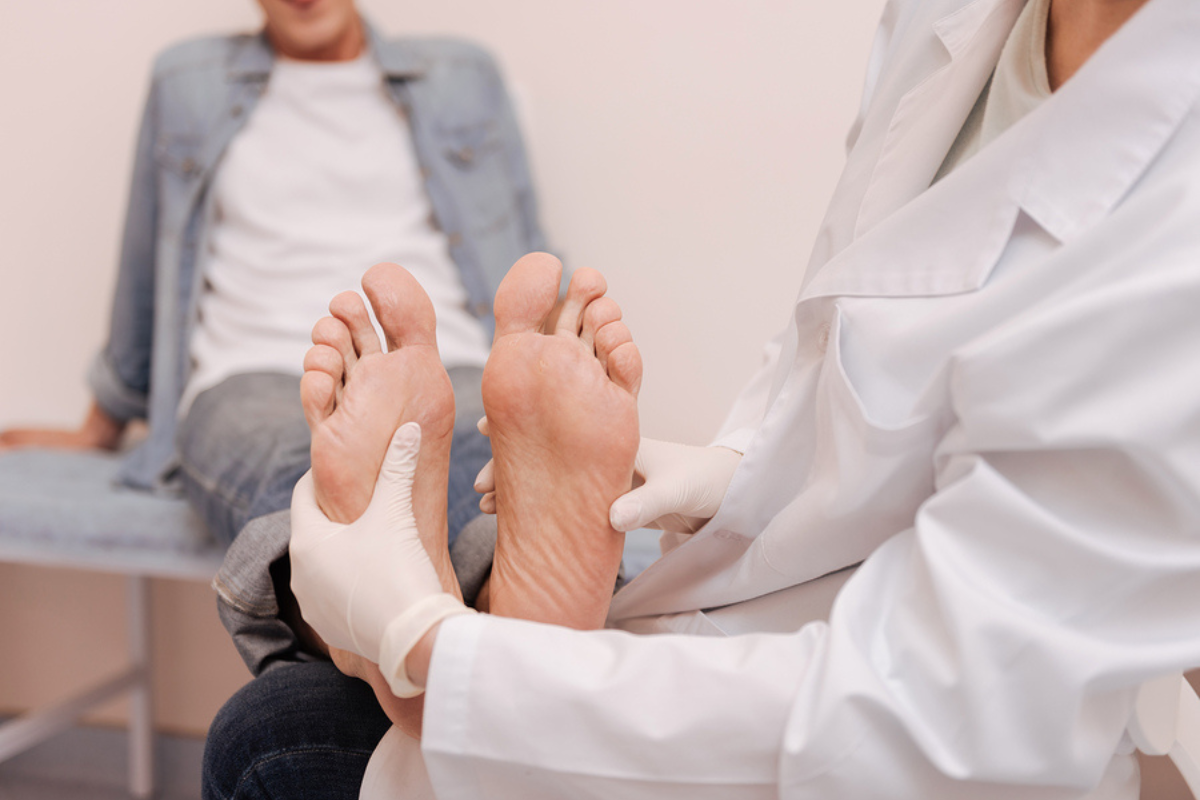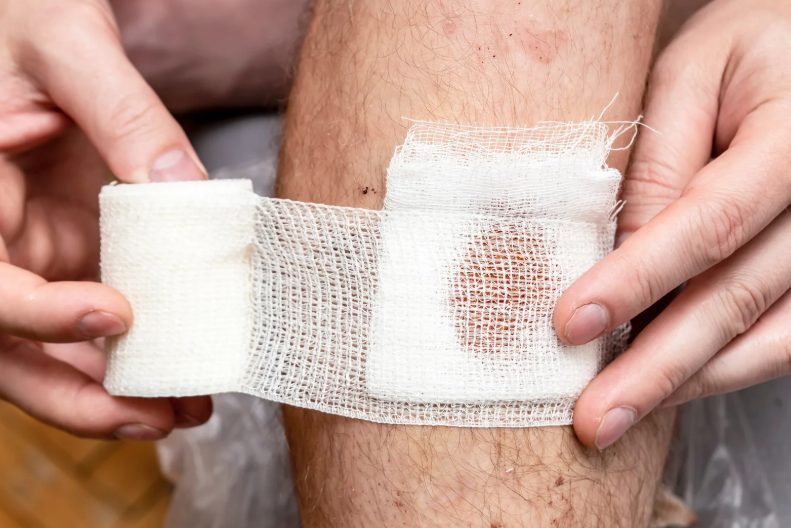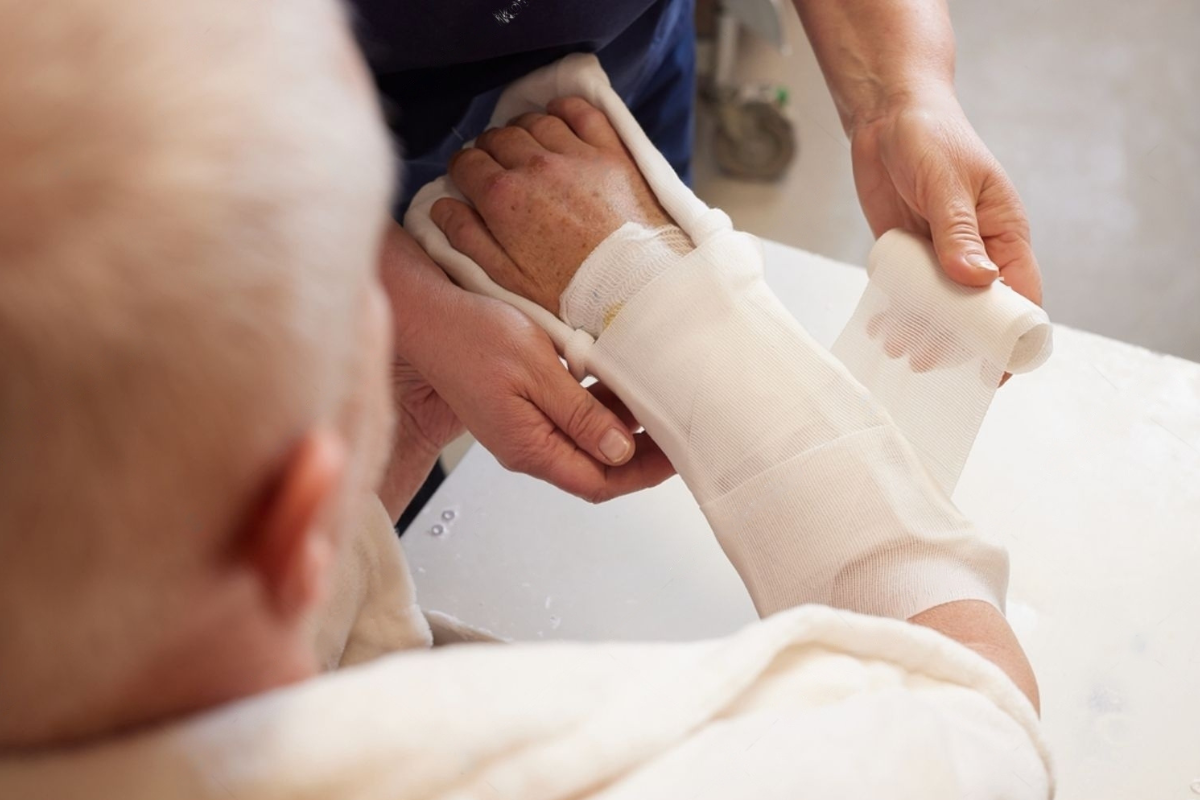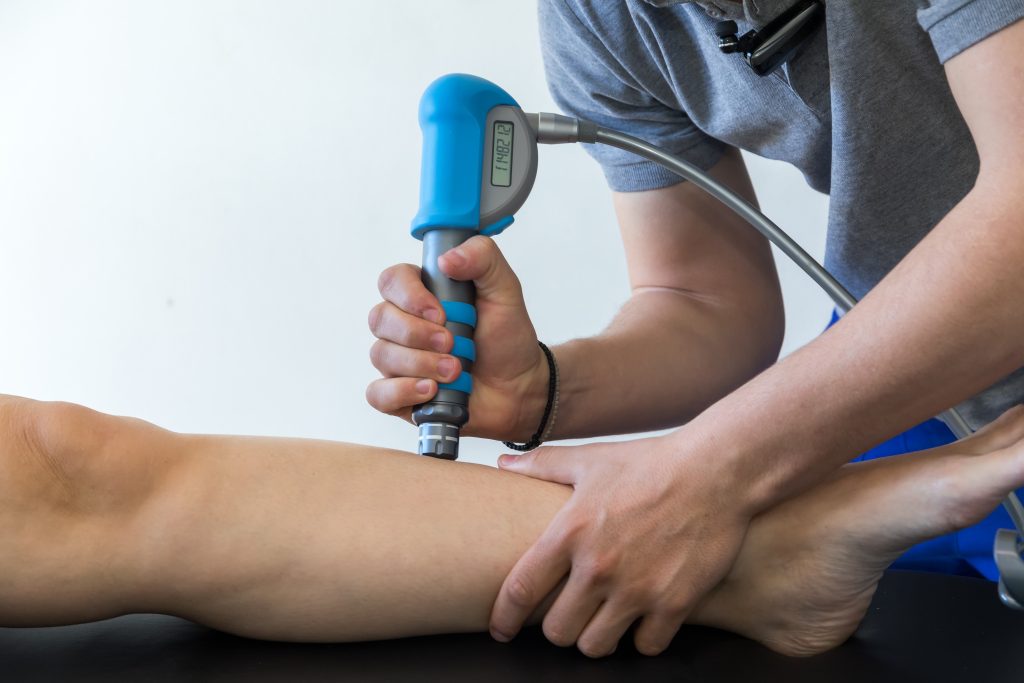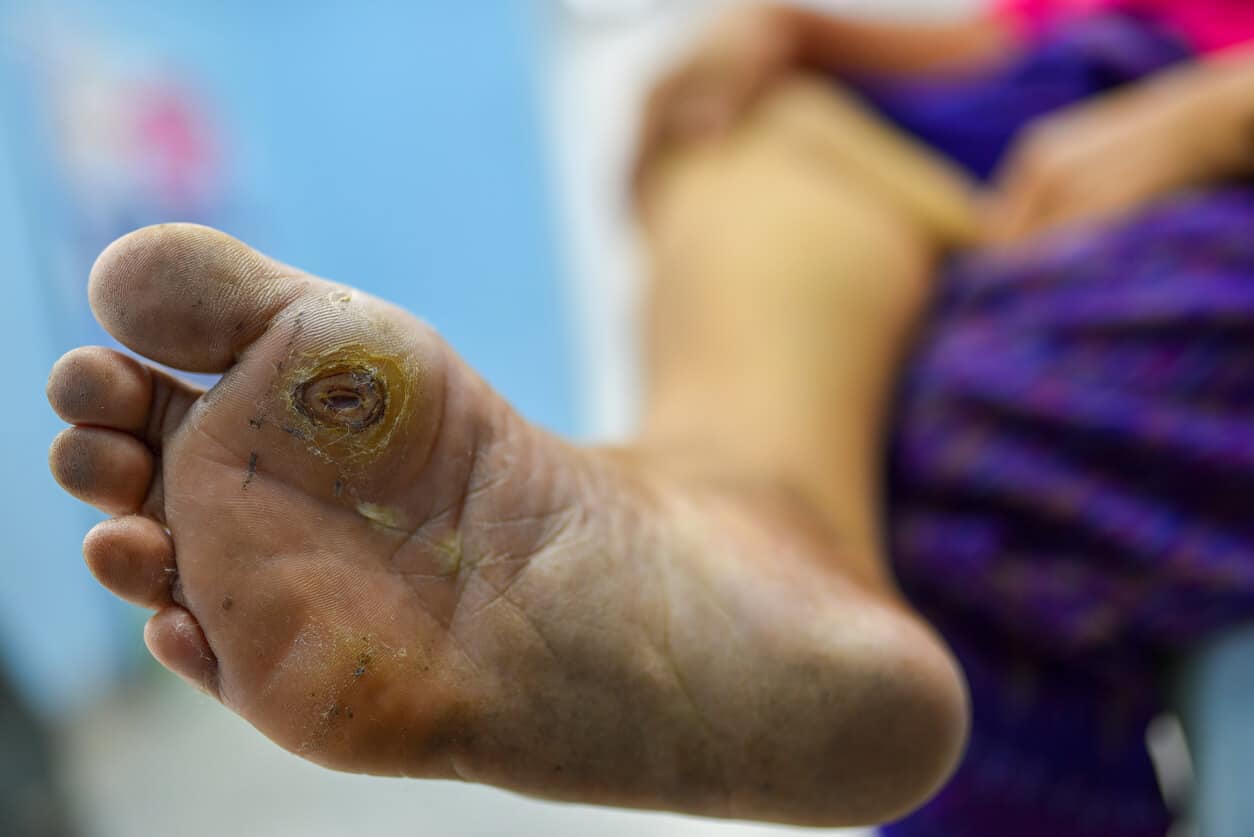Foot ulcers are a serious concern for individuals suffering from neuropathy. When nerves are damaged, especially in the lower extremities, the ability to feel pain, pressure, or temperature diminishes significantly. This lack of sensation often results in unnoticed injuries that can quickly escalate into chronic wounds. Tec Orthopedics offers specialized care focused on orthopedic treatment for foot ulcers caused by neuropathy, helping patients regain comfort, mobility, and quality of life.
Understanding Neuropathy and Its Impact on Foot Health
Neuropathy, particularly peripheral neuropathy, affects the nerves outside of the brain and spinal cord. It is most commonly associated with diabetes, although it can stem from other causes like infections, metabolic issues, and trauma. One of the most debilitating effects of neuropathy is the loss of sensation in the feet. Without the ability to detect pain or pressure, individuals may not notice when they’ve sustained a cut, blister, or other injuries. These minor wounds can quickly become infected, leading to ulcers and even more severe complications if not treated properly.
What Are Foot Ulcers?
Foot ulcers are open sores that fail to heal or recur frequently, often forming on the soles of the feet or toes. In people with neuropathy, foot ulcers are particularly dangerous due to poor circulation and immune response in the affected areas. Common symptoms include swelling, redness, drainage, and an unpleasant odor. If untreated, ulcers can deepen, affecting muscles, tendons, and even bones, which can lead to serious infections or the need for amputation.
Orthopedic treatment for foot ulcers caused by neuropathy is essential not just for healing the wound but for addressing the root causes and preventing future occurrences.
The Role of Orthopedic Treatment for Foot Ulcers
Orthopedic specialists play a vital role in managing foot ulcers, especially those related to neuropathy. Their approach involves a thorough understanding of the biomechanics of the foot, pressure distribution, and structural abnormalities. This expertise enables them to tailor treatments that address the underlying causes of ulcers, such as poor gait, misalignment, or deformities.
At Tec Orthopedics, the goal is to reduce pressure on the ulcerated area, promote healing, and restore mobility. A customized orthopedic treatment plan can significantly improve recovery time and decrease the chances of ulcer recurrence.
Specialized Techniques in Orthopedic Treatment
Non-Surgical Interventions: Many patients benefit from non-invasive methods such as custom orthotics and therapeutic footwear. These tools help redistribute pressure away from the ulcer, protect the foot, and allow for normal ambulation without exacerbating the injury. Wound care is also a crucial component, often involving regular cleaning, dressing changes, and monitoring by healthcare professionals.
Custom insoles and braces can offload pressure from the affected areas, reducing the chance of the ulcer deepening or returning. Orthopedic interventions may also include debridement, which is the removal of dead or infected tissue to promote new tissue growth.
Surgical Options; In severe cases where ulcers do not respond to conservative treatments, surgery may be necessary. Orthopedic surgeons can correct foot deformities, remove infected tissues, or improve circulation to the affected area. Common procedures include tendon lengthening, bone reshaping, and in rare cases, partial foot amputations to preserve overall limb function.
Surgical intervention is typically considered when there is an ongoing infection, poor wound healing, or structural issues contributing to repeated ulceration. The objective is always to preserve as much function and mobility as possible while eliminating sources of chronic injury.
Adjunctive Therapies: Physical therapy is often integrated into orthopedic care to help improve strength, balance, and mobility. Offloading techniques like using crutches or knee scooters can reduce stress on the ulcerated area during healing. Nutritional support is another vital component; proper nutrition can accelerate wound healing and improve the immune response.
A multidisciplinary approach that includes podiatrists, dietitians, physical therapists, and wound care specialists ensures comprehensive care tailored to each patient’s needs.
Preventing Further Complications
Prevention is a critical component of managing foot ulcers in individuals with neuropathy. Orthopedic treatment focuses heavily on minimizing risks of recurrence through ongoing foot evaluations, patient education, and proper footwear.
Regular foot inspections help catch potential problems early, before they develop into ulcers. Patients are encouraged to check for signs of redness, swelling, or unusual textures on their feet. Tec Orthopedics also advises on daily foot hygiene, moisturizing, and avoiding walking barefoot.
Custom orthotics or specialized shoes can be instrumental in preventing further injury. These devices reduce pressure on vulnerable areas and accommodate any foot deformities that may contribute to ulcer development.
Patient Education and Self-Care
Empowering patients with knowledge is one of the best defenses against neuropathy-related foot ulcers. Orthopedic specialists at Tec Orthopedics educate patients on proper wound care techniques, recognizing early signs of trouble, and the importance of follow-up appointments.
Self-monitoring is key. Patients should learn how to properly clean wounds, apply dressings, and use protective gear like padded socks or toe separators. Instructions on proper footwear and how to maintain skin integrity help ensure patients are active participants in their recovery.
Takeaway
Orthopedic treatment for foot ulcers caused by neuropathy provides a holistic approach to healing and prevention. From non-surgical techniques to surgical interventions and ongoing education, this form of care is essential for anyone facing the challenges of neuropathic foot complications. At Tec Orthopedics, the commitment to patient-centered care ensures that every individual receives the support they need to heal and thrive.
Early intervention, regular monitoring, and specialized orthopedic care can significantly reduce complications and restore a better quality of life. Don’t wait for symptoms to worsen—consult with an orthopedic specialist today to protect your feet and preserve your mobility.

